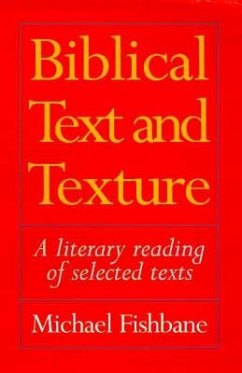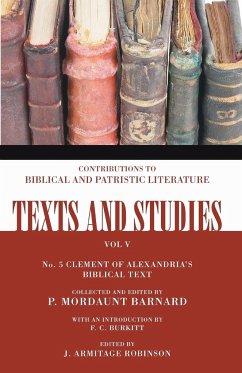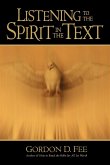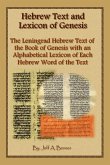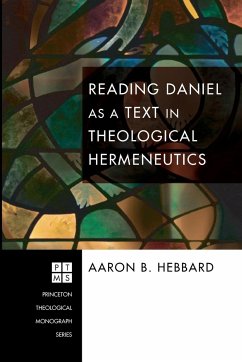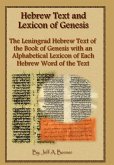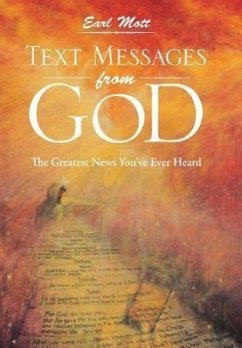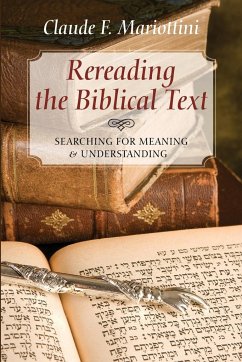In this book, Michael Fishbane explores the Hebrew Bible from a literary point of view, demonstrating how stylistic devices, such as narrative structures and the repetition of theme words, give the text special texture, generating additional layers of meaning. He analyses how the many composers, revisers and arrangers who contributed to the Hebrew Bible used these literary conventions to communicate their religious message more effectively, each for their own historical, political and theological content. Central to this study is an exploration of key texts representing the use of three literary elements in the Bible: ¿ narrative texts, which are examined both as independent entities and as units within larger literary cycles ¿ direct speech, such as sermons, prayers and speeches ¿ themes and motifs, including the Creation, sacred space and exodus. In this comprehensive yet accessible analysis, Fishbane considers the overall framework of the Hebrew Bible and explores how textures and structures are used to create literary and spiritual unity. His study offers a unique perspective on the inner meanings of the biblical text for students, scholars and laypersons alike.
Hinweis: Dieser Artikel kann nur an eine deutsche Lieferadresse ausgeliefert werden.
Hinweis: Dieser Artikel kann nur an eine deutsche Lieferadresse ausgeliefert werden.

